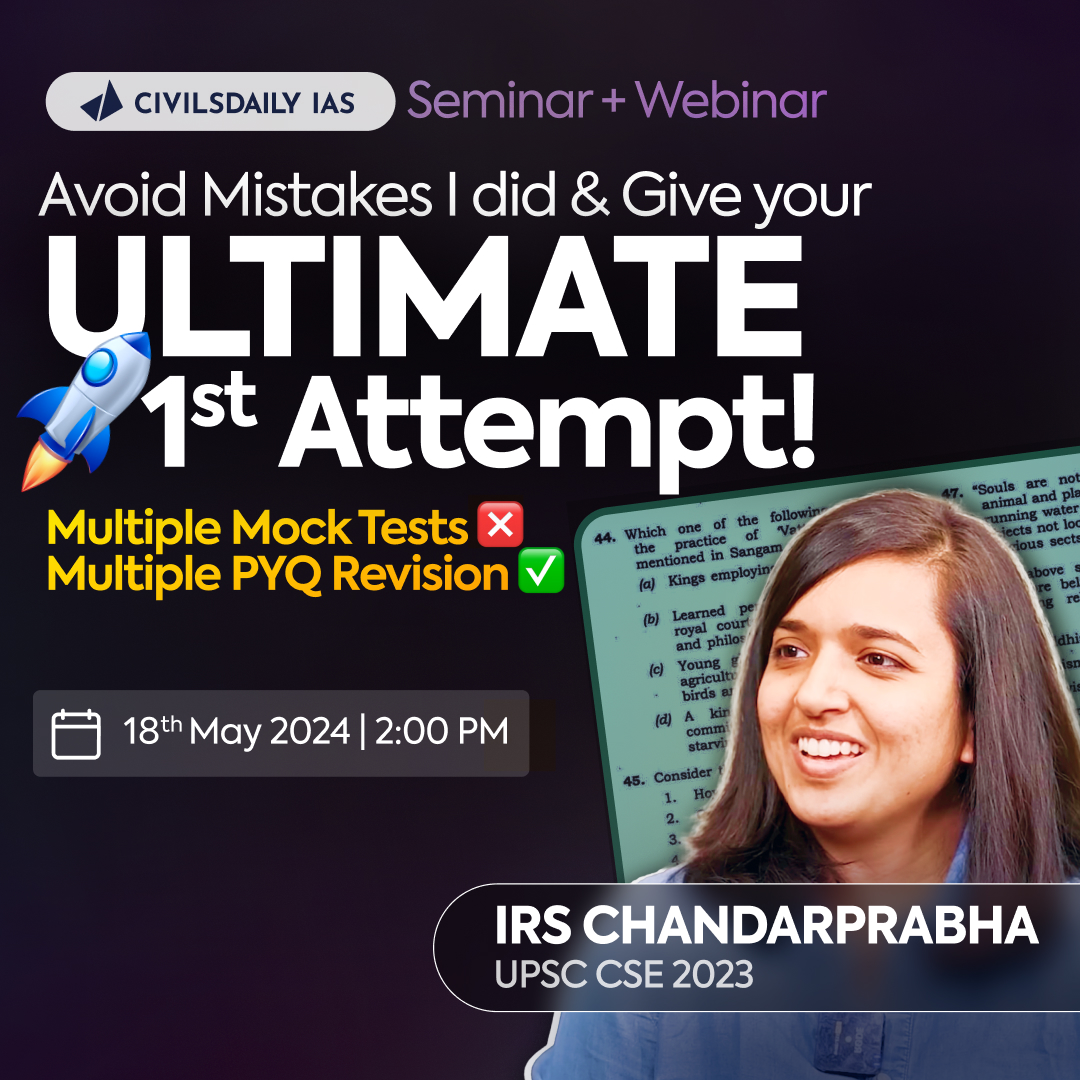Note4Students
From UPSC perspective, the following things are important :
Prelims level: NA
Mains level: Lessons learned form COVID-19 pandemic and the future of Health governance
Central Idea
- COVID-19 has transitioned from a population-level challenge to more of an individual health concern, and it is time for India to shift gears and apply the lessons learned from the pandemic.
WHO Announcements on COVID-19
- On January 30, 2020, COVID-19 was announced as a public health emergency of international concern.
- On May 5, 2023, WHO declared that COVID-19 was no longer a public health emergency of international concern.
Issues of misinformation during the second wave of COVID-19 in India
- False claims about a third wave affecting children: In April-May 2021, there was a COVID-19 misinformation blitzkrieg that a third wave in India would affect children, leading to children being repeatedly asked to wear masks and deprived of schooling and learning.
- Lack of scientific evidence: School closure and making masks mandatory for schoolchildren had their origin in nearly identical challenges of actions not being supported by scientific evidence.
- Influencers’ impact on public discourse: Social media influencers, not necessarily subject experts, were shaping the public discourse, which was not effectively addressed by governments.
- Disparate viewpoints: Disparate viewpoints existed among experts and influencers living in India and abroad, with the latter making more definitive and stronger arguments for school closure and mask wearing for children in India.
- Failure to consider local context: The sub-groups of super-specialists and those staying abroad failed to factor in the local context while coming up with their opinions.
- Dogmatic stands of self-proclaimed experts: Self-proclaimed experts and influencers have adopted a dogmatic stand and have been selectively and conveniently using emerging evidence and published literature to support their stand, often misguiding gullible followers.
- COVID-foreverers: A group of disparate individuals and social media groups keep insisting on the enforcement of restrictions such as universal masking at ‘the drop of the hat’, often on frivolous grounds.
What lessons were learned from the COVID-19 pandemic?
- The importance of preparedness: The pandemic highlighted the importance of being prepared for future outbreaks and the need for robust public health infrastructure.
- The role of misinformation: The pandemic showed how misinformation can spread rapidly and have serious consequences, highlighting the need for better education and awareness to combat misinformation.
- The importance of local context: The pandemic demonstrated the importance of factoring in local context when making policy decisions, as different regions and countries may face different challenges and require different interventions.
- The danger of dogmatic thinking: The pandemic showed how dogmatic thinking can be dangerous, and the need for an open-minded and evidence-based approach to decision-making.
- The importance of nuance and context in epidemiology: The pandemic highlighted the need for nuanced understanding of epidemiology, and the importance of taking into account the broader context when interpreting scientific studies.
- The need for a shift in focus: With COVID-19 transitioning from a population-level challenge to more of an individual health concern, there is a need to shift the focus from COVID-19 fixation to tackling other pressing health challenges.
- The importance of integrating COVID-19 response with general health services: The pandemic showed the need for integration of COVID-19 response with general health services, and the importance of a balanced approach to public health.
Way forward
- Formal training courses on the principles and practice of epidemiology should be offered by the government to prepare India for more nuanced responses to outbreaks and epidemics and to curb misinformation.
- The government needs to integrate the COVID-19 response to general health services.
- India’s response to surges, outbreaks, and epidemics (of any infectious disease and not just COVID-19) should be guided by a nuanced understanding of epidemiology and not unduly derailed by social media influencers.
- Schools should not be closed for a COVID-19 uptick, and wearing masks in order to attend school should never again be made mandatory, as children were never at risk from moderate to severe COVID-19.
- It is time to drop the COVID-19 fixation and move on to tackle other more pressing health challenges in the country.
Conclusion
- The COVID-19 pandemic has presented numerous challenges and lessons for India and the world. The issues of misinformation and lack of context-based policy interventions have been major obstacles in effectively tackling the pandemic. It is time to apply the lessons learned and shift focus to other pressing health challenges while being prepared to respond to future outbreaks and epidemics with a nuanced understanding of epidemiology.
Mains Question
Q. During the COVID-19 pandemic, how did misinformation pose a significant challenge? Discuss what lessons have we learned from it?
Also Read:
| Covid is no longer an Emergency: what changes? |
Get an IAS/IPS ranker as your 1: 1 personal mentor for UPSC 2024

